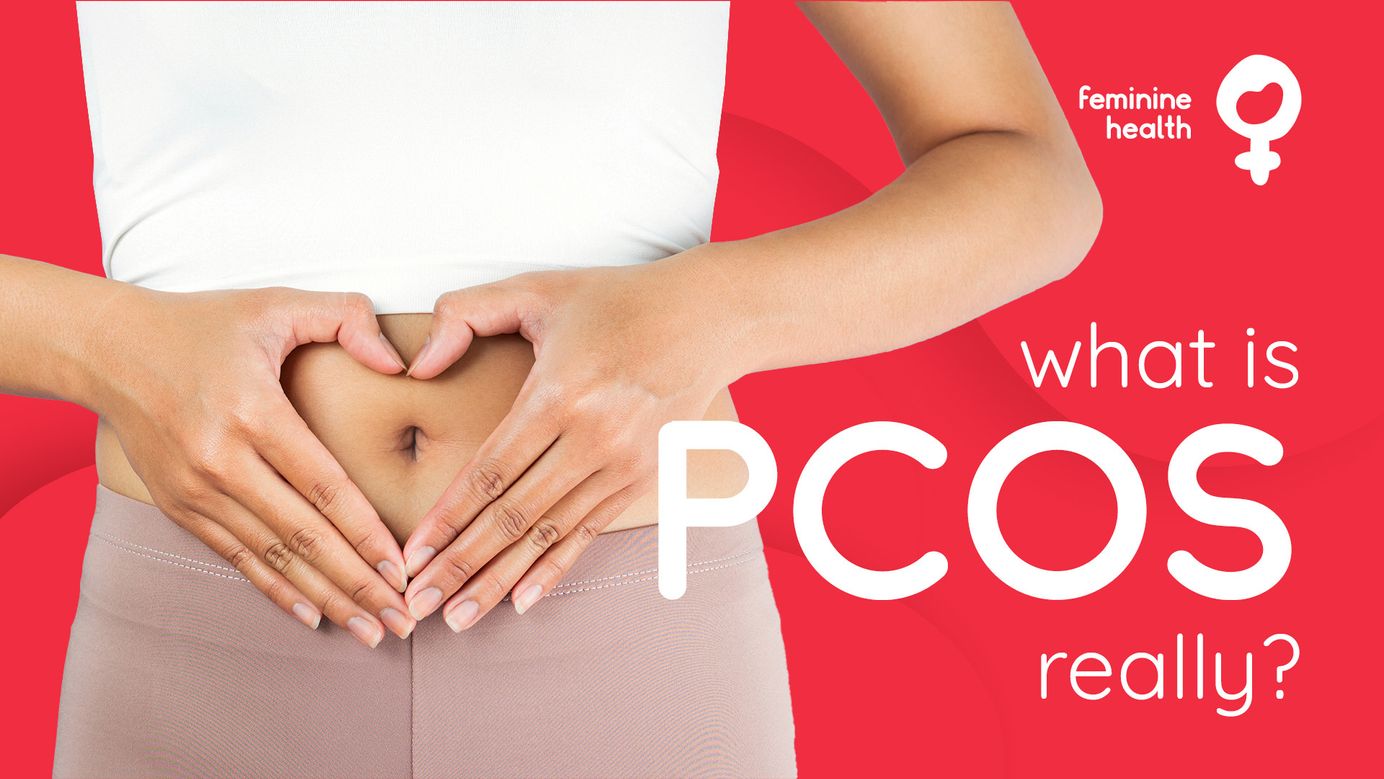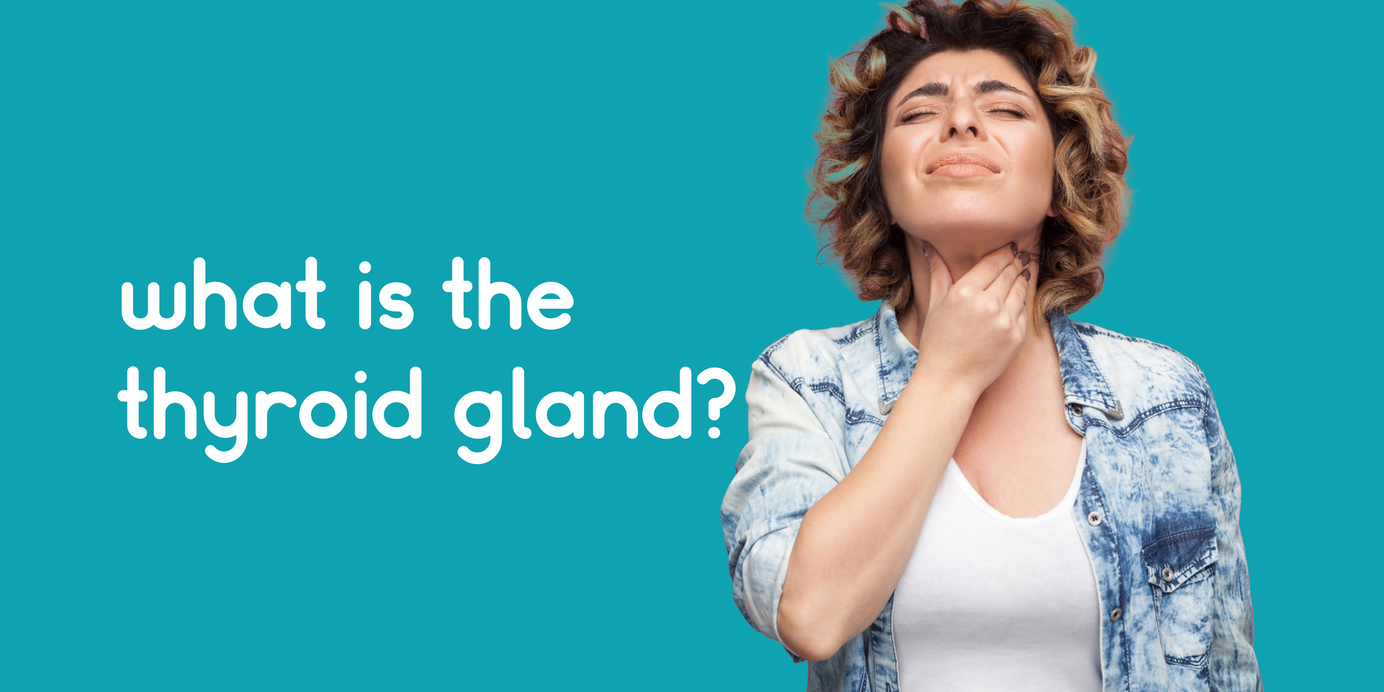
What is PCOS, Really?
PCOS (Polycystic Ovary Syndrome) is a hormonal condition that affects around 1 in 10 women worldwide
Table of Contents
PCOS (Polycystic Ovary Syndrome) is a hormonal condition that affects around 1 in 10 women worldwide. Unfortunately we still do not have a definite cause of PCOS, however, there are a couple of theories that have been agreed on among different schools of thought. For example, PCOS was initially thought to be a condition caused by imbalances in the “sex hormones” commonly known as estrogen, progesterone, and testosterone. However, now we know that PCOS is also an insulin issue. Thus, PCOS is considered rather an endocrine & metabolic syndrome, which makes it even more important to pay attention to and treat properly.
In fact, 50 to 70% of women who experience PCOS demonstrate insulin resistance beyond that which would be considered ‘normal’ by their body weight or BMI. Insulin in general triggers the ovaries to secrete testosterone and inhibits the product of hepatic sex-hormone binding globulin (SHBG) which as a result increases circulating testosterone. This, of course, explains the acne, facial hair, and male-pattern hair loss in many women.
As for genetic predisposition, there appears to be a strong genetic component that increases one’s risk of experiencing PCOS, this risk can be modified by environmental and lifestyle factors such as diet and stress. In other words, your genetic predisposition may never be triggered, but you would have to make lifelong changes to prevent insulin resistance if you have a family history of obesity, diabetes, or have close relatives with PCOS.
How do I know if I have PCOS?
It’s important to know that PCOS is a clinical diagnosis. Which means it is primarily diagnosed based on having some or all of the common symptoms, of course making sure that all other medical conditions are ruled out.
Usually patients are asked to perform blood tests to look at LH, FSH, and testosterone levels, however within average ranges don’t necessarily mean that you don’t have this condition. Test results can vary based on the time of the month tests were done in relationship to your period, your weight, and other factors. Additionally not everyone with PCOS will have multiple cysts on the ovaries when an ultrasound is performed.
Symptoms of PCOS can include any of the following:
- Infertility
- Irregular periods
- Acne
- Unwanted facial hair
- Hair thinning or hair loss
- Weight gain
- Depression and anxiety
- Eating disorders mostly due to blood sugar dysregulation
Lifestyle changes:
- Having consistent regular meals that are blood sugar balanced and include good quality protein, health fats, and vegetables
- DO NOT SKIP breakfast and make sure it includes protein
- Practice mindfulness for example meditation, and be realistic with the goals you set for example you can start meditation for only a few minutes and continue to build up.
- Make sure to get a good night
- Stay away from any Xenoestrogens, reduce environmental hormonal exposure whenever possible (BPA, pesticides and herbicides)
Stay tuned for an article on different supplements that can help with PCOS.
Happy Health!
provin.me | blog Newsletter
Join the newsletter to receive the latest updates in your inbox.




